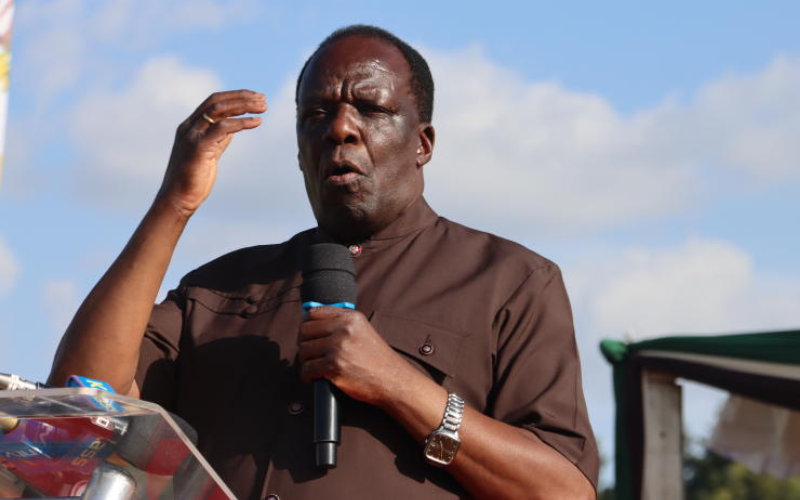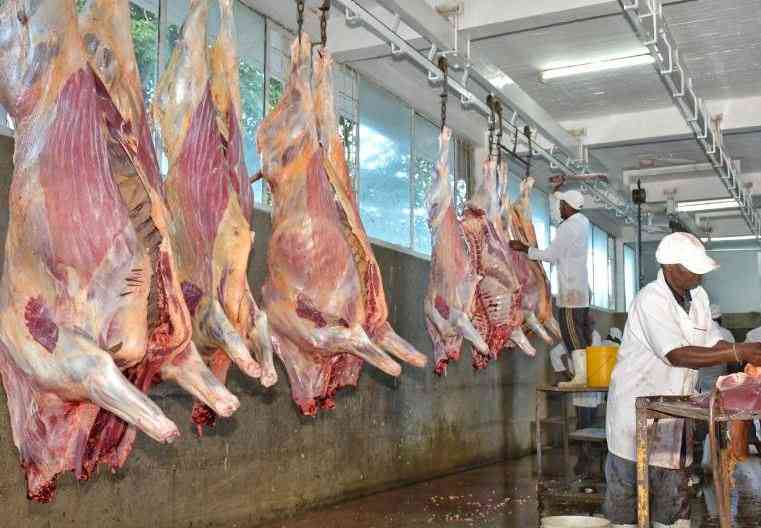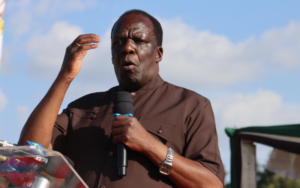Kenya’s meat exports have recorded a 39 per cent growth in the last year due to a surge in demand, mainly from the United Arab Emirates, Saudi Arabia, Oman, Qatar, and Kuwait.
According to data from the African Union Inter-African Bureau for Animal Resources (AU-IBAR), the country’s meat export increased from Sh11.5B in 2022 to Sh18.7B in 2024.
With the successful pitch of local products to the Gulf Nations, Kenya is now looking to Asia giants, including China, Malaysia, and Indonesia, to boost exports.
According to Said Ali, a consultant with (AU-IBAR), the Kenya Livestock sector contributes 12 per cent of the National GDP and 40 per cent to the Agricultural sector.
Ali called for expansion of modernised slaughterhouses noting that only 7 out of the existing 1,000 facilities met global export standards.
“Increased threats of climate change pose a major threat as they have ravaged the pastoralists’ communities, which produce over 70 per cent of meat consumed,” he said.
While addressing stakeholders in the livestock sector in Naivasha, Ali noted that there was a need to address the shortage of quality feeds and poor livestock genetics so as to address low productivity.
Richard Kyuma, the CEO of National Livestock Development and Promotion Service said recent research indicates that Kenya had an estimated 22 million heads of livestock and 58M goats and sheep.
Kyuma said the government was putting new regulations that would help unlock the sector’s full potential by enhancing production, quality meat and access to consistent markets.
The CEO said the State plans to align livestock producers with the cooperative movement to rein in existing chaos and ensure full exploitation of the multi-billion sector.
“There’s a need to provide quality feeds, align both local and international markets and have organized meat abattoirs to unlock the full potential of the sector”, said Kyuma.
On his part, the Kenya Meat and Livestock Exporters Industry Council Chairperson Adenur Dahir said goats and lambs meat contributed 85 percent of total meat export.
He said the country must seize emerging export markets to grow the sector including Libya, China, Jordan, Malaysia, Comoros, Senegal and Nigeria driven by rising demand.
“The sector is facing serious threats due to the approaching drought seasons, poor feeds and unpredictable markets of livestock”, he said Dahir.
According to Maria Mbeneka, the CEO of Ranch Expert, the country was yet to access the lucrative EU market as Kenya was yet to be declared a non-free animal diseases country.
Stay informed. Subscribe to our newsletter
“Most small holder farmers are still faced by increased counterfeits of livestock drugs in the market that have threatened access to international markets”, said Mbeneka.
She added that there was a need for weight tracking of animals, proper health systems and quality feeds and supplements are key to unlocking both regional and international markets.

























